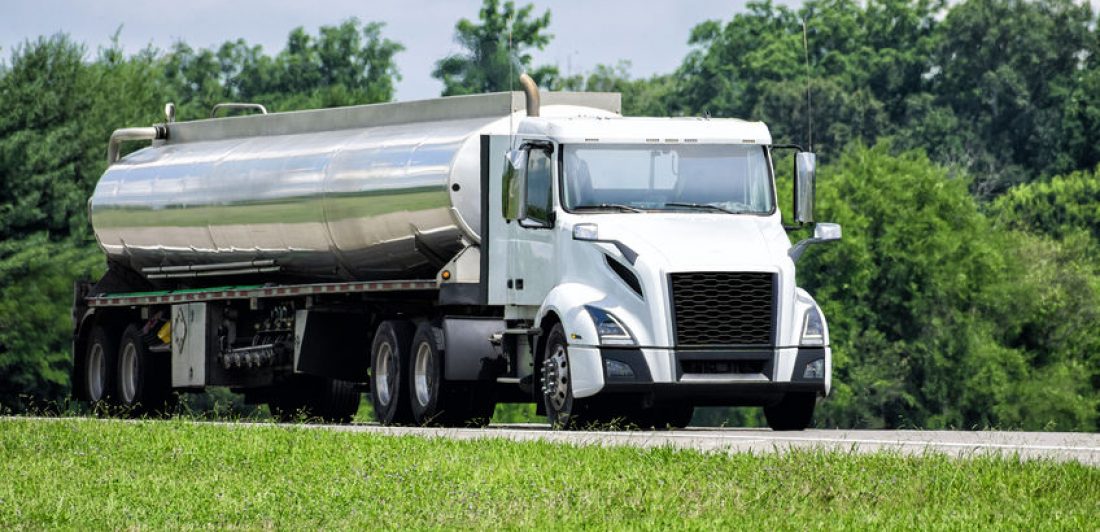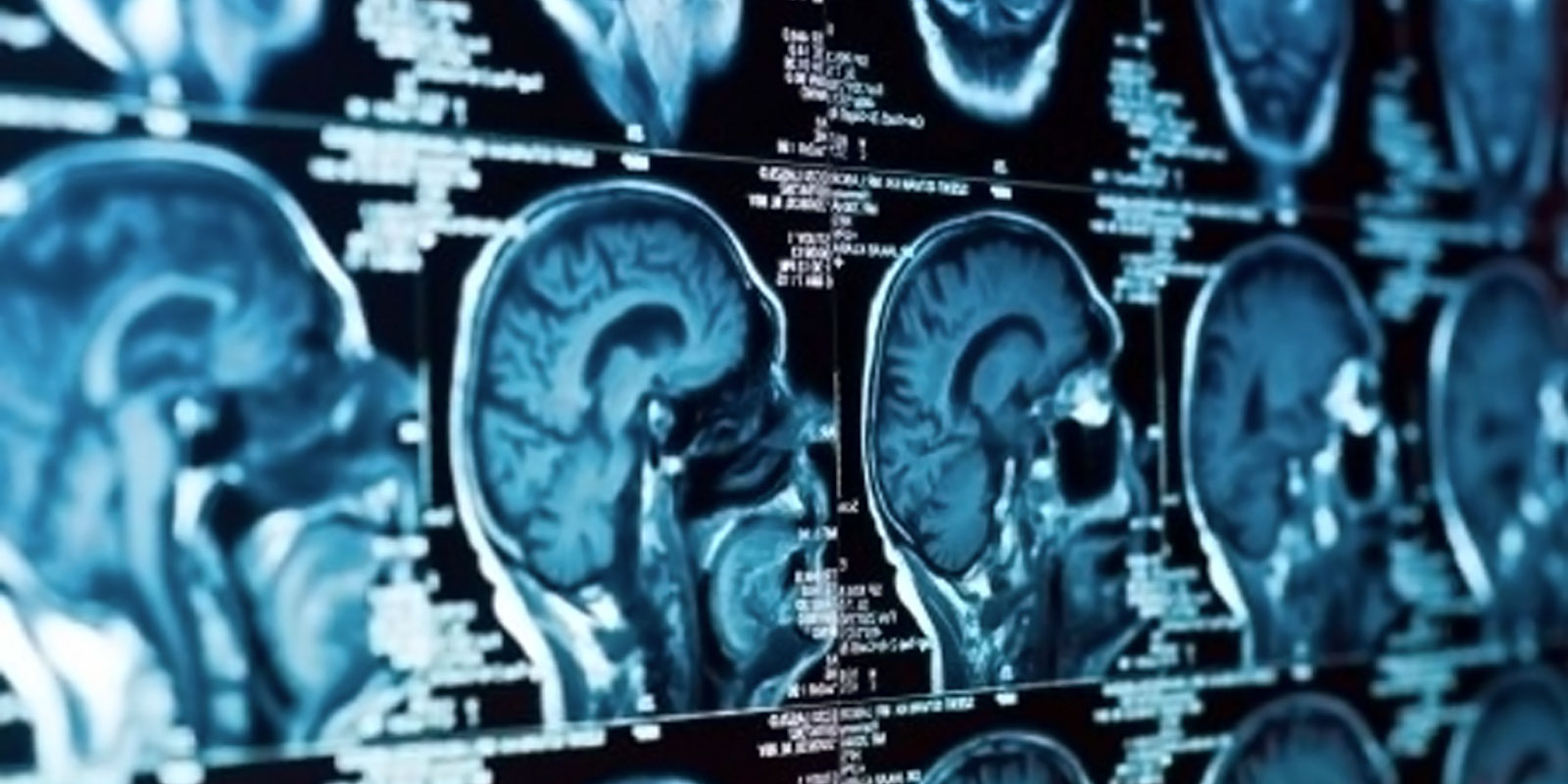Companies like Uber, Tesla, Waymo, and Cruise have promised us a future in which mobile robots can take us anywhere with a few taps on our smartphones. The trucking industry has been immune to technology, but times are changing and pushing the industry to higher dimensions.
Currently, there are 10 million autonomous trucks taking on the Texas Highways. This technology can be backed as far as 2016 when Budweiser transported 50,000 beer cans through Colorado in an autonomous truck. With the addition of autonomous trucks on the road, people working within the industry say that self-driving 18-wheelers could potentially increase road safety, improves fuel efficiency, optimizes vehicle utilization, increases driver productivity, and reduces freight costs. However, some are skeptical about the possible dangers that an autonomous 18-wheeler can be to the road and other vehicles.
How do self-driving 18-wheelers work?
Self-driving 18 wheelers are trucks that use cameras, maps, radars, and other sensors to navigate the highway and adjust to its path in real-time. The automobile industry has been introducing the technology to do this successfully little by little, such as developing and perfecting safety features like cruise control, backup camera, and automatic braking, Self-driving 18-wheelers just apply these features on a larger scale.
Human drivers will still be necessary to some capacity to operate the trucks until the technology is more advanced. Drivers are needed to handle emergencies if technology starts to fail, speak to other drivers, and make any repairs in the cabin if needed. In addition, autonomous trucks aren’t equipped with the capabilities to drive around in small cities, so a driver will be needed to navigate during times like these.
What are the worries of self-driving machines?
According to the national highway traffic safety commission, there were 4,678 people that passed due to accidents involving large trucks in 2019. Companies that are in the working of self-driving trucks say that with the development of self-driving vehicles, we are looking to a future with safer roads.
It isn’t new that people are concerned about self-driving vehicles. For example, Tesla’s own autonomous vehicle has gone under scrutiny after failed self-driving system caused a deadly crash.
One of the first nationally known accidents was when a self-driving vehicle struck and killed a pedestrian in a crosswalk in Tempe, Arizona. As a result of this accident, Uber suspended its testing of self-driving trucks in Arizona. In addition, the accident led the federal government to pass legislation regulations regulating the testing and use of self-driving vehicles.
With unfortunate situations such as this one and others, there are worries that self-driving 18-wheelers may cause more danger than safety for others on the road.
What are the possible risks of self-driving 18-wheelers?
Although there are developers who have said that self-driving vehicles will create safer roads, there are still concerns. Developers have said that because these trucks are self-driving, they will not experience human-error, such as feeling exhausted, or not driving in a rush to get to their family. With this in mind, it is believed that traffic accidents will diminish, even offering to be cheaper and more efficient than having a human driver.
However, experienced truck drivers argue that autonomous trucks can’t use feelings, instincts, or prior experiences to help drive on the highway. It is more generally accepted that driving an 18-wheeler is significantly more difficult to operate due to its size and weight, as it is. Some of the arguments brought up about the risks of self-driving 18 wheelers include:
- There may be glitches in software and hardware malfunctioning, both presenting worries of trouble on the highway
- Adjusting to certain weather conditions that make it harder for self-driving options have shown that they aren’t perfected by sensors or cameras
- Instances in which the truck needs to respond to an officer directing traffic, or may need to drive in a small city or town
- Chances of operating systems to be hacked. A hacker can take control over the self-driving 18-wheeler, which could lead to chaos if the hacker is unable to operate the vehicle correctly.
What are common accidents for 18-wheelers?
The following are different types of accidents that involve 18-wheelers:
Blindspot accidents
Blind spots are common for 18-wheeler trucks. These trucks have significant blind spots where the driver may lose sight of other vehicles, and these trucks have larger blind spots.
Jackknife accidents
A jackknife accident is when the truck brakes suddenly and their trailers swingout to a ninety-degree angle. A jackknifing truck can easily overturn or roll-over, causing a major roadway danger.
Head-on and rear-end collisions
Head-on accidents happen when large trucks collide with other vehicles head-on, and rear-end collisions are when large trucks drive over the back of another vehicle.
Roll-over accidents
When a truck loses control, this could lead to the truck flip over, endangering other vehicles on the road.
Underride accident
Underride accidents are one of the deadliest types of accidents. They can happen when trucks make a sudden stop and incoming car traffic gets stuck under the tractor-trailer. This leads to the smaller car’s top being ripped off.
Liability for an autonomous driving vehicle that harms injures, or kills someone
When an accident occurs with an autonomous truck and another vehicle, it may be various entities that may be at fault. Some of the at-faults could be:
- The operator: the driver may be liable if they failed to control the self-driving truck in an emergency.
- The owner: the owner of the autonomous truck can be at-fault if it can be proven that the software was defective or if it malfunctioned before the accident. The owner may also be liable if he or she failed to train its drivers properly.
- Manufacturing company: this can include parties that manufactured the truck, self-driving technology, and components.
How can The Carlson Law Firm Help?
Trucking accidents, regular and self-driving, can cause major damage to vehicles on the road and occupants in the vehicles. We want to help protect yourself and your legal rights if you or a loved one has been involved in an 18-wheeler accident. Contact us today to schedule a free consultation. One of our experienced 18-wheeler injury attorneys is ready to help you. We care, we can help.




